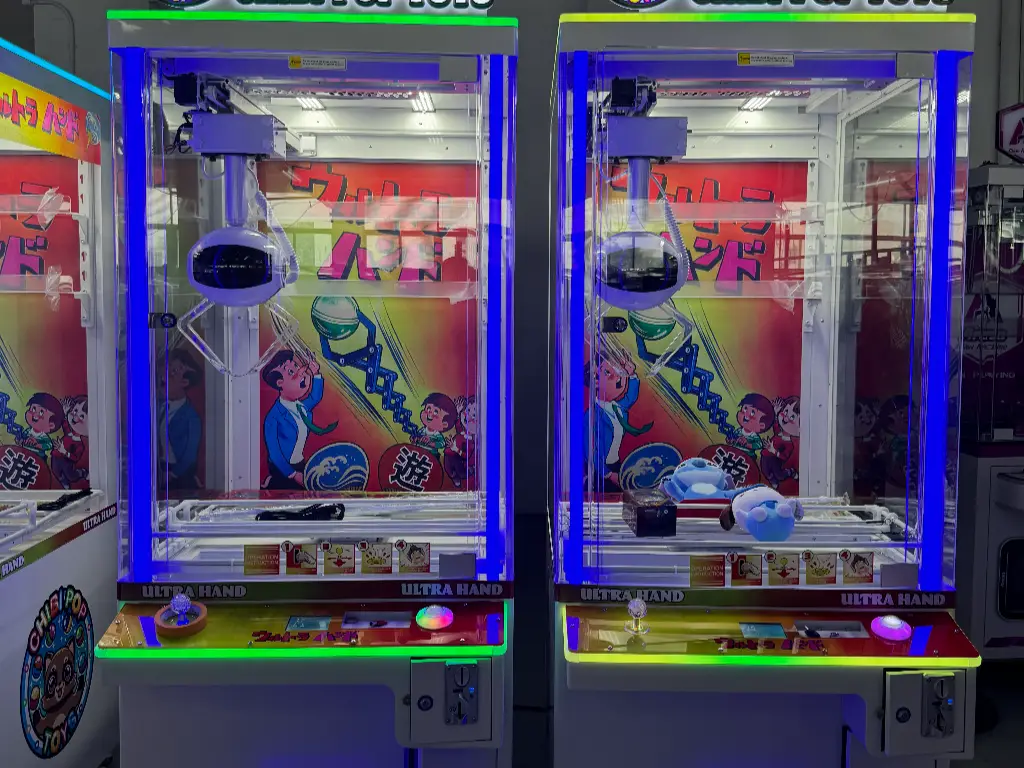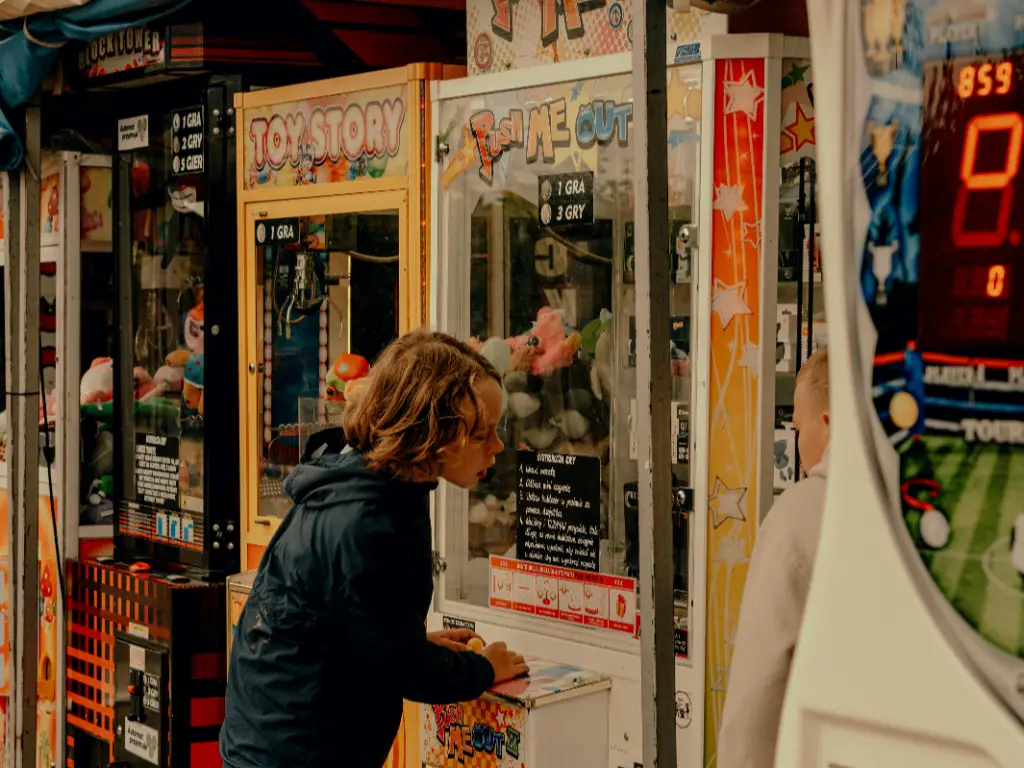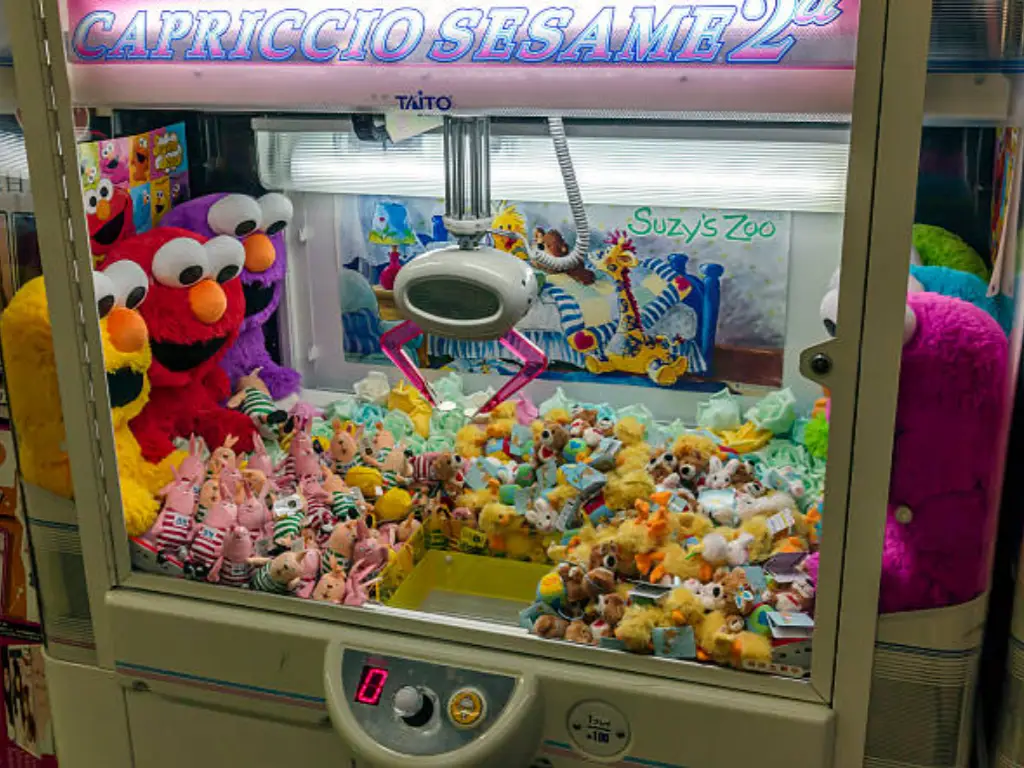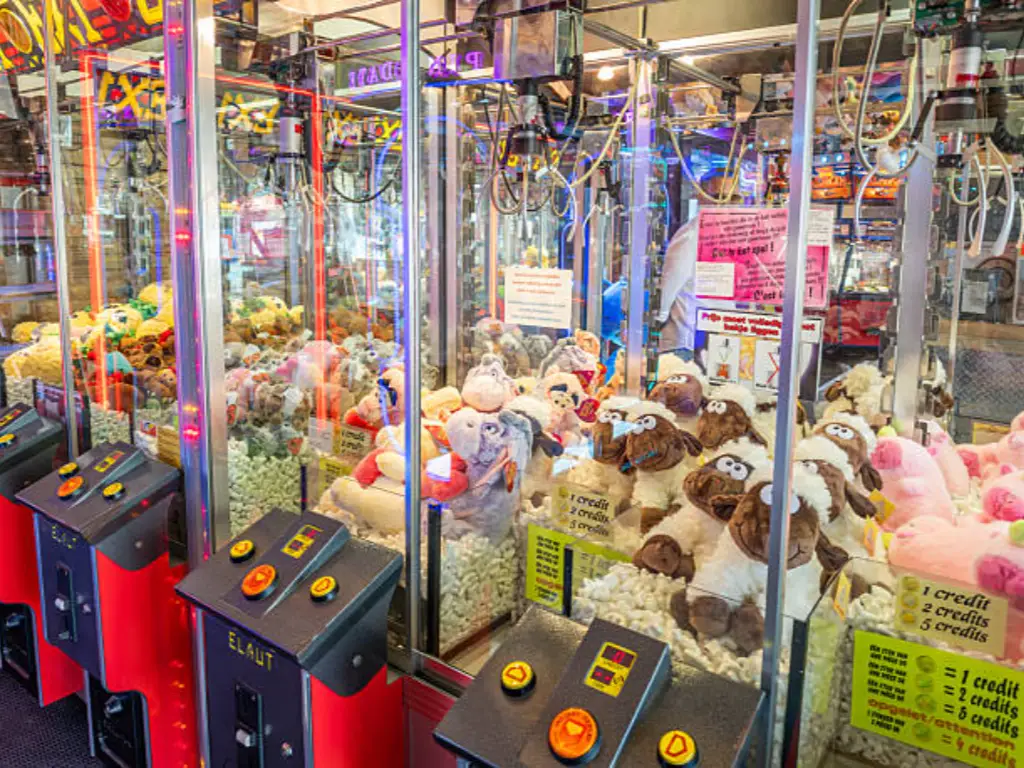This article compares Claw Machine Franchise and Independent Business models in 2026, outlining their costs, ROI, benefits, and risks. It covers regulatory factors, market trends like cashless payments, and decision criteria to help entrepreneurs choose the most suitable approach for their capital and growth objectives.
What Is a Claw Machine Franchise? Pros and Cons for Investors
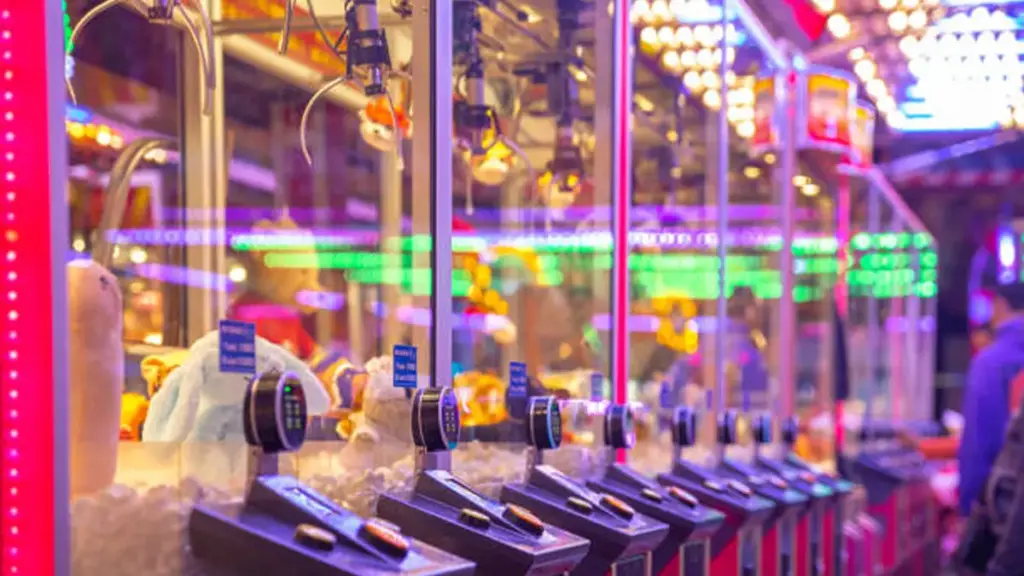
A Claw Machine Franchise is a business model where entrepreneurs operate claw machine arcades or vending units under a recognized brand. Franchisees benefit from established trademarks, proven business processes, and access to centralized supply chains. According to the International Franchise Association (IFA), franchises must provide structured support, including training and marketing resources. This approach reduces the learning curve and accelerates time to profitability.
Pros:
- Brand Recognition and Trust: Established franchises often feature distinct logos and consistent design elements across their claw machines and marketing materials, which immediately signal reliability to customers.
- Operational Support: Franchisors typically provide comprehensive training on machine maintenance, customer service, and marketing strategies. This reduces the learning curve for new operators and ensures operational consistency across locations.
- Bulk Purchasing Power: Centralized procurement allows franchises to secure equipment and prizes at discounted rates, reducing cost per unit and improving margins, especially for multi‑unit operators.
- Scalable Growth: Once processes are standardized, expanding to additional locations becomes more predictable and less resource‑intensive, enabling faster growth compared to independent setups.
Cons:
- Initial and Ongoing Fees: Franchisees must pay upfront franchise fees and ongoing royalties, which can significantly reduce net profits in the early years.
- Limited Autonomy: Operators cannot freely modify machine designs or prize offerings; deviations from corporate guidelines can breach the franchise agreement.
- Territorial Restrictions: Exclusive territory clauses may limit an operator’s ability to expand into nearby high‑traffic areas.
- Long-Term Contracts: Typical agreements span 5–10 years, restricting quick exits or major strategic pivots if market conditions change.
In 2026, franchises increasingly integrate cashless payment systems and advanced analytics for real‑time performance tracking. This makes them attractive to investors seeking predictable operations and standardized support structures.
What Is an Independent Claw Machine Business? Pros and Cons for Operators
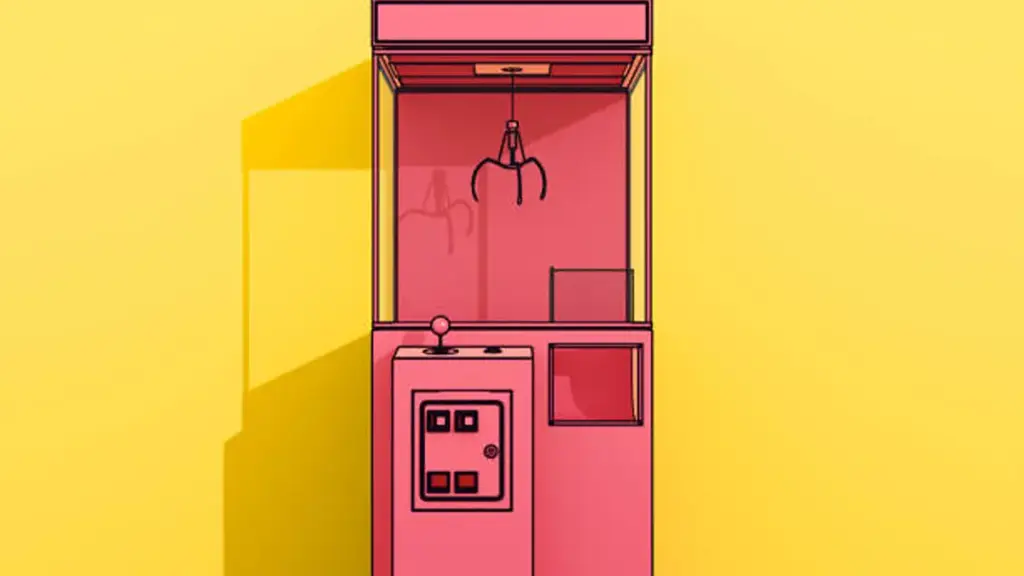
An Independent Business in the claw machine sector refers to a fully owner‑operated model without affiliation to a larger franchise network. Entrepreneurs purchase machines, negotiate locations, and manage prizes independently. This model appeals to operators prioritizing flexibility and creative control over branding, pricing, and customer engagement strategies.
Pros:
- Complete Autonomy: Independent operators control all aspects of the business, from prize selection to machine difficulty settings and marketing campaigns. This flexibility allows rapid adjustments to local customer preferences — for example, swapping in trending toys during seasonal events to maximize engagement.
- Lower Ongoing Costs: Without franchise royalties or mandated advertising funds, independent owners retain a larger share of profits. These savings can be reinvested in machine upgrades or competitive prize offerings, improving customer loyalty.
- Custom Branding Opportunities: Owners can create unique logos, machine wraps, and social media campaigns tailored to specific venues or demographics. A locally themed design, such as city landmarks or event tie‑ins, can differentiate the business in crowded markets.
- Flexible Location Selection: With no territorial restrictions, operators can negotiate placements in diverse venues, from cafés to shopping malls, and relocate machines swiftly when foot traffic shifts.
Cons:
- Steeper Learning Curve: Without franchisor training, owners must independently learn maintenance, sourcing, and marketing, which can delay profitability during the startup phase.
- Higher Operational Risk: Lack of standardized support increases exposure to revenue fluctuations and machine downtime if technical expertise is limited.
- Negotiation and Marketing Burden: Securing contracts with property owners, managing promotions, and maintaining supplier relationships demand significant time and negotiation skills.
- Licensing Challenges: Independent operators must research and secure all required permits individually, raising compliance complexity. This often leads to questions such as do independent contractors need a business license in specific jurisdictions.
This model suits entrepreneurs with prior experience in vending or arcade operations who want full control over margins and strategic decisions. However, they must be prepared to manage logistics, marketing, and compliance without corporate support.
Detailed Financial Breakdown and ROI Comparison Between Claw Machine Franchise and Independent Business
The financial figures presented here represent industry average estimates based on publicly available data(e.g., IFA, AAMA) from multiple reputable sources. Due to regional variations, brand differences, and operational factors, actual costs and revenues may differ.
The table below summarizes typical 2025 benchmarks based on U.S. industry averages:
| Metric | Claw Machine Franchise | Independent Business |
| Initial Investment | $80,000 – $150,000 (includes machines, initial inventory, brand license, training) | $30,000 – $70,000 (machines, initial prizes, basic setup) |
| Location Setup & Rent | Negotiated by franchisor; often in malls or entertainment hubs with shared marketing costs | Fully negotiated by owner; may range widely by region and foot traffic |
| Marketing & Advertising | Centralized campaigns funded by mandatory marketing fees (5%–8%) | Self-funded, flexible budget; localized promotions common |
| Royalties & Ongoing Fees | 5%–8% royalties plus contribution to marketing fund | None; only standard operating expenses |
| Training & Support | Provided by franchisor; includes machine maintenance, branding, and compliance guidance | Self-taught or outsourced training; costs vary |
| Insurance & Utilities | Group-negotiated rates; utilities, prize restocking, and cleaning factored into royalties | Individually arranged; electricity, restocking, and cleaning borne by owner |
| Maintenance & Parts | Centralized supply chain; discounted replacement parts available | Individually sourced; variable costs and lead times |
| Average Monthly Revenue (per machine) | $1,500 – $2,000 | $1,200 – $1,800 |
| Payback Period | 24–36 months | 18–30 months |
| Expansion Scalability | High (supported by franchise network and bulk purchasing) | Moderate (self-funded growth, slower scaling) |
Franchise models feature higher startup costs due to branding and royalties but benefit from centralized support and predictable revenue. Independent businesses demand lower capital yet require self‑management. ROI timelines overlap, with independents achieving faster payback when efficiently located and operated.
Legal, Compliance, and Location Challenges in Both Models
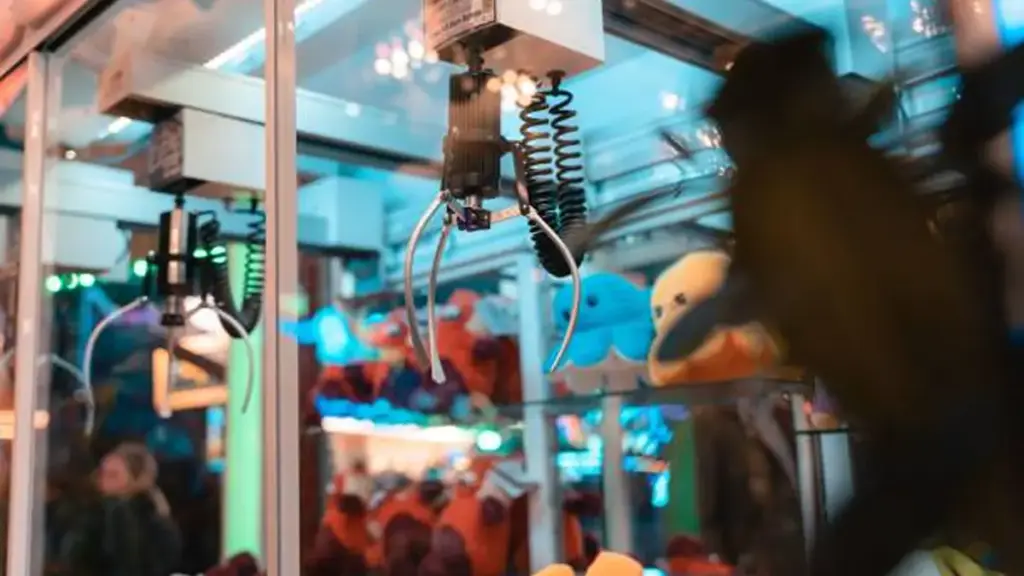
Both Claw Machine Franchise and Independent Business models must navigate legal requirements, which vary by state and municipality. Typical regulations include:
- Amusement Device Licenses: Required for public operation of claw machines; fees range from $50–$500 per unit annually.
- Prize Value Restrictions: Some jurisdictions cap prize value (e.g., $5–$50) to differentiate amusement from gambling.
- Consumer Protection Laws: Mandates around machine fairness and disclosure of win probabilities.
- Lease and Zoning Compliance: Location agreements often include revenue‑sharing terms; malls and entertainment centers may require insurance coverage.
Franchises usually streamline compliance by offering standardized legal templates and support. Independent operators must research and secure all permits individually, which can delay launch timelines. Consulting legal counsel familiar with arcade and vending regulations is strongly recommended for both models.
How Market Trends Are Shaping Claw Machine Business Opportunities
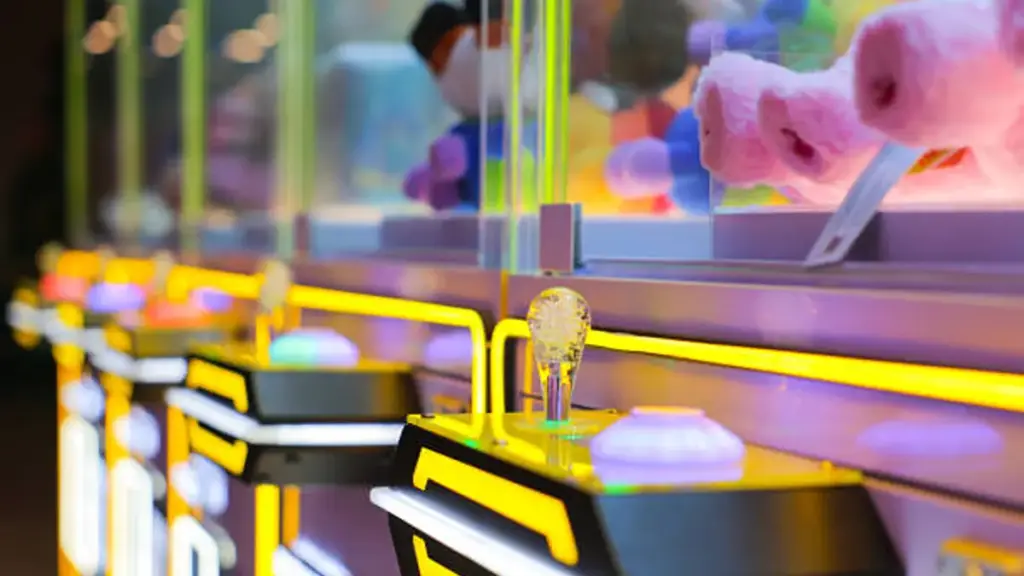
The claw machine industry in future is influenced by evolving consumer behavior and technology trends:
- Cashless and Mobile Payments: Integration of QR codes and NFC has become industry standard, expanding impulse play opportunities.
- “Kidult” Market Growth: Adult participation in claw machines has surged, particularly for premium collectibles and limited‑edition merchandise.
- Compact and Mini Machines: Operators are adopting smaller units suitable for cafés, convenience stores, and events.
- Data‑Driven Operations: Real‑time analytics on play frequency and prize costs enhance profitability decisions.
- Sustainability Initiatives: Demand for recyclable prizes and energy‑efficient machines aligns with broader ESG goals.
Franchises are faster to adopt emerging technologies due to scale, while independents can pivot quickly to niche opportunities such as themed pop‑ups or local collaborations.
Choosing the Right Model for Your Budget and Growth Goals
Selecting between a Claw Machine Franchise and an Independent Business depends on factors including capital, experience, and desired control:
- Choose a Franchise if: You prioritize brand recognition, structured support, and scalable multi‑unit expansion.
- Choose Independent if: You prefer full control, lower ongoing costs, and have the expertise to manage operations directly.
- Hybrid Consideration: Some operators begin independently, then transition to franchise agreements once profitability is proven.
A thorough business plan, realistic ROI projections, and legal consultation are essential steps before committing to either path.
Regardless of whether you choose a Claw Machine Franchise or an Independent Business, partnering with a reliable claw machine supplier is crucial to ensure quality machines, stable performance, and efficient after‑sales support. Tongru is widely recognized for its durable equipment and customizable solutions, making it a trusted partner for both franchise operators and independent entrepreneurs.
Explore Tongru’s product range to start building a profitable claw machine business today.












